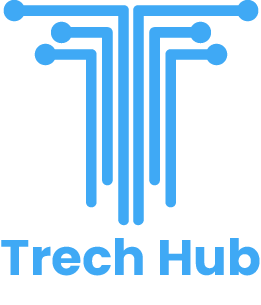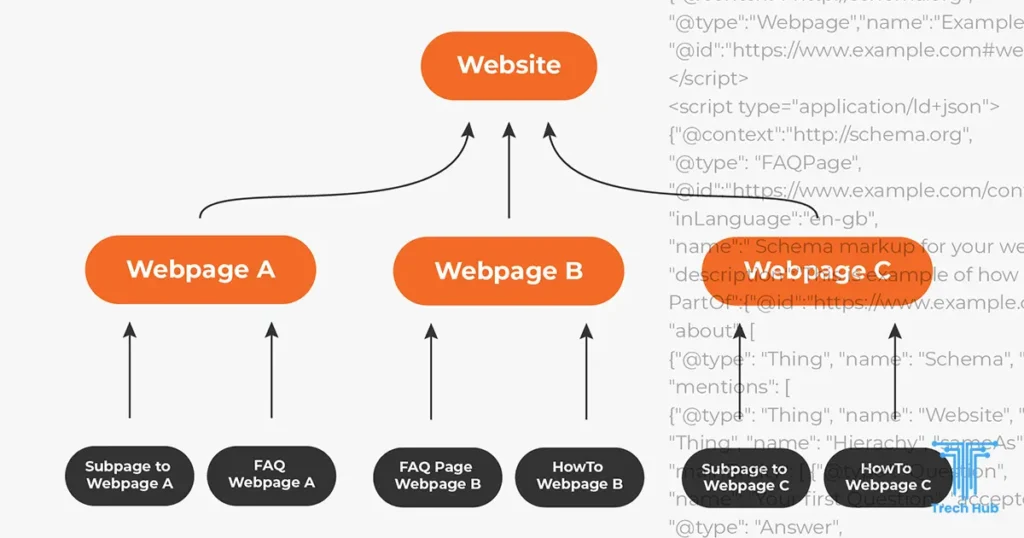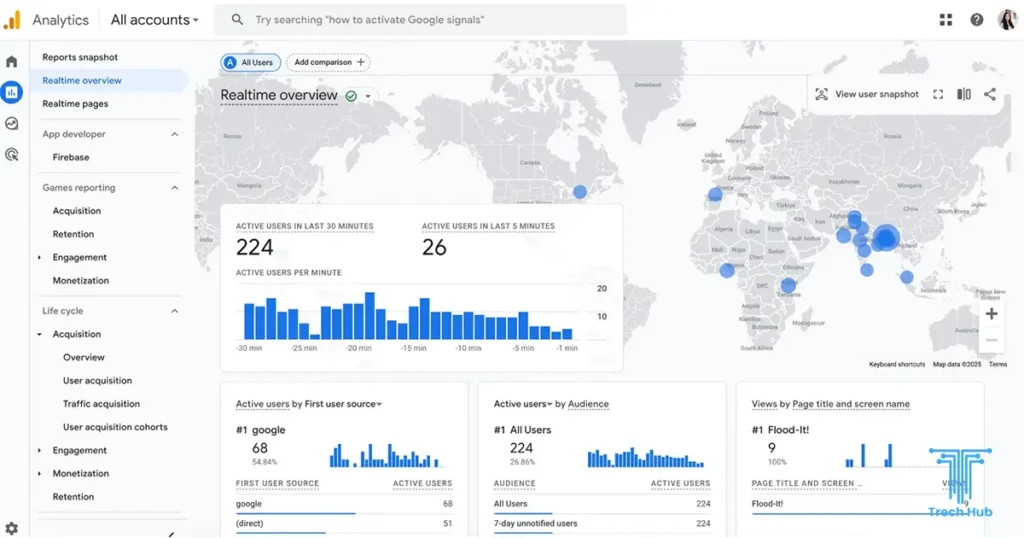When it comes to boosting your website’s visibility and delivering a more targeted user experience, schema markup in SEO is a game-changer. At Trech Hub, your trusted digital marketing agency, we specialize in harnessing tools like schema markup to ensure your business stands out in the crowded digital landscape. Whether you’re new to the term or looking to refine your approach, this guide will walk you through the essentials of schema markup and how to implement it effectively.
What is Schema Markup?
Schema markup, also known as structured data, is a type of microdata added to your website’s HTML to provide search engines with more detailed information about your content. Developed collaboratively by major search engines like Google, Bing, Yahoo, and Yandex, it helps search engines understand your site’s content more effectively, which can lead to rich snippets in search engine results pages (SERPs).
In essence, schema markup acts as a translator between your website and search engines, ensuring your content is interpreted in the most accurate way possible. For example, if your website offers a product, schema markup can specify the product’s name, price, reviews, and availability.
Why Schema Markup matters for SEO?
Using schema markup provides a host of benefits that align directly with your SEO goals.
- Improved Search Engine visibility
Schema markup enhances how your site appears in search results by enabling rich snippets, such as:- Product ratings and reviews
- Event details (time, date, and location)
- Recipe instructions and nutritional information
- FAQs and how-tos
Rich snippets not only draw attention but also encourage clicks, driving more traffic to your site.
- Higher Click-Through Rates (CTR)
A visually appealing and informative snippet stands out in SERPs. Higher CTRs signal to Google that your page is relevant, potentially boosting your rankings. - Enhanced Local SEO
For local businesses, schema markup ensures search engines display crucial information like your address, business hours, and customer reviews. This is especially useful for appearing in Google’s local pack. - Voice Search Optimization
As voice search grows in popularity, schema markup ensures that search engines can retrieve concise, accurate answers from your site to meet voice query demands.
Types of Schema Markup you can use
Depending on your business and goals, there are various schema types available:
- Local Business Schema: Displays essential business details like name, address, phone number, and operating hours.
- Product Schema: Highlights product details, including price, availability, and customer reviews.
- Event Schema: Provides details about events, including dates, times, and locations.
- FAQ Schema: Adds structured questions and answers to help your content appear in featured snippets.
- Article Schema: Optimizes blog posts and news articles for better visibility.
How to add Schema Markup to your site?
Implementing schema markup may sound technical, but it’s simpler than you think. Here’s how Trech Hub recommends approaching it:
1. Choose the Right Schema Type
Identify the schema type that aligns with your content. Visit Schema.org to explore the various schema types available.
2. Use Google’s Structured Data Markup Helper
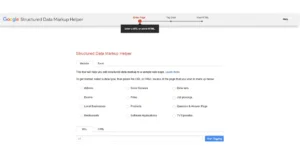
For beginners, Google’s Structured Data Markup Helper is a user-friendly tool:
- Go to the tool and select the content type (e.g., articles, events, products).
- Enter the URL of the page you want to mark up.
- Highlight the relevant elements (e.g., titles, prices) and assign them tags.
- Generate the HTML with embedded schema markup.
3. Add the Markup to Your HTML
Copy the generated markup and paste it into your webpage’s HTML where the relevant content appears.
4. Validate your Markup
Use Google’s Rich Results Test to ensure your schema markup is correctly implemented and functional. This tool identifies errors and provides suggestions for improvements.

5. Automate with Plugins
For WordPress users, plugins like Yoast SEO, Schema Pro, or Rank Math can simplify the process by automatically generating and implementing schema markup.
6. Monitor performance
Once implemented, monitor your site’s performance in Google Search Console. Look for improvements in impressions, clicks, and rich snippet appearances.
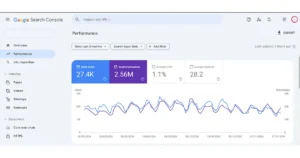
Common mistakes to avoid
- Using Incorrect Schema Types: Choose the schema that best matches your content. Misusing schema types can confuse search engines.
- Incomplete Data: Ensure all required fields for your chosen schema are filled out to avoid errors.
- Over-Optimizing: Avoid adding schema markup to irrelevant content just for visibility—it may lead to penalties.
Why Trech Hub Is your ideal partner for Schema Markup?
As a leading digital marketing agency, Trech Hub specializes in cutting-edge SEO strategies, including schema markup. Our team of experts will:
- Analyze your website to determine the most effective schema types.
- Implement structured data to align with your business goals.
- Monitor and optimize your markup to maximize results.
By partnering with Trech Hub, you can focus on your core business while we ensure your site ranks higher, attracts more traffic, and converts better.
